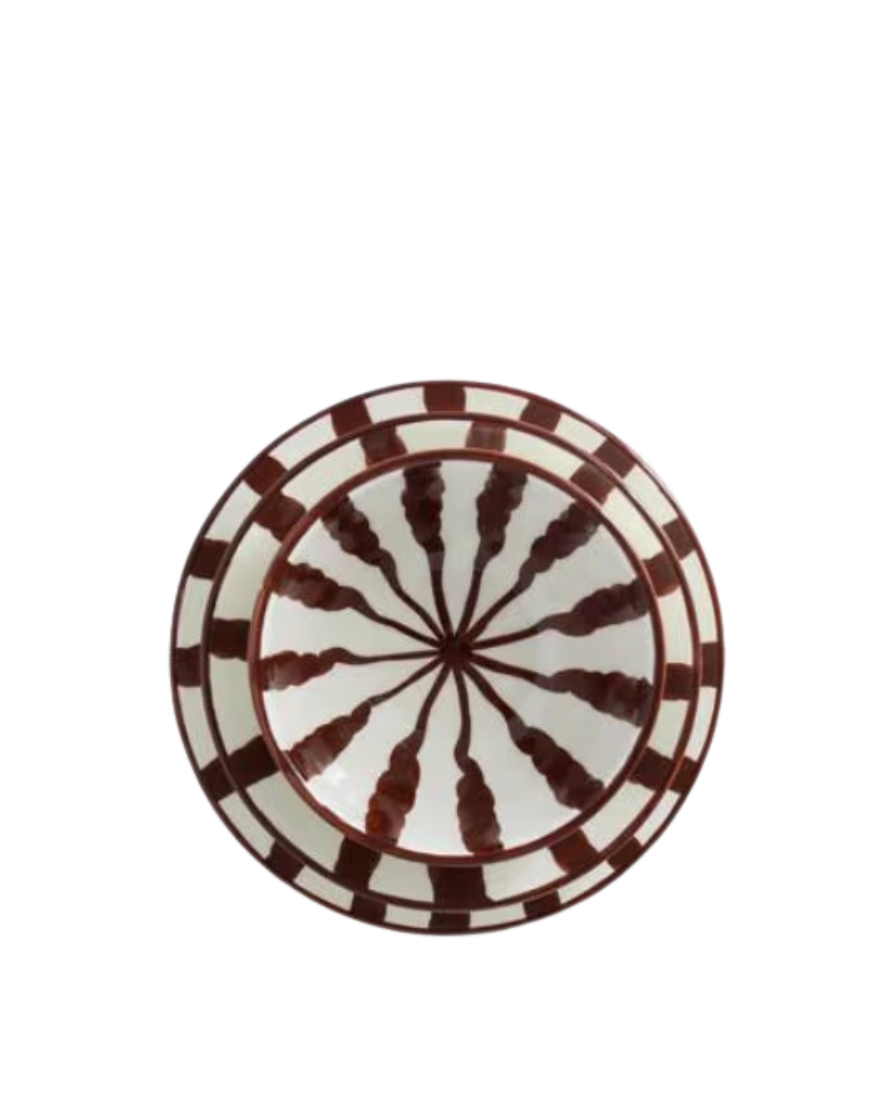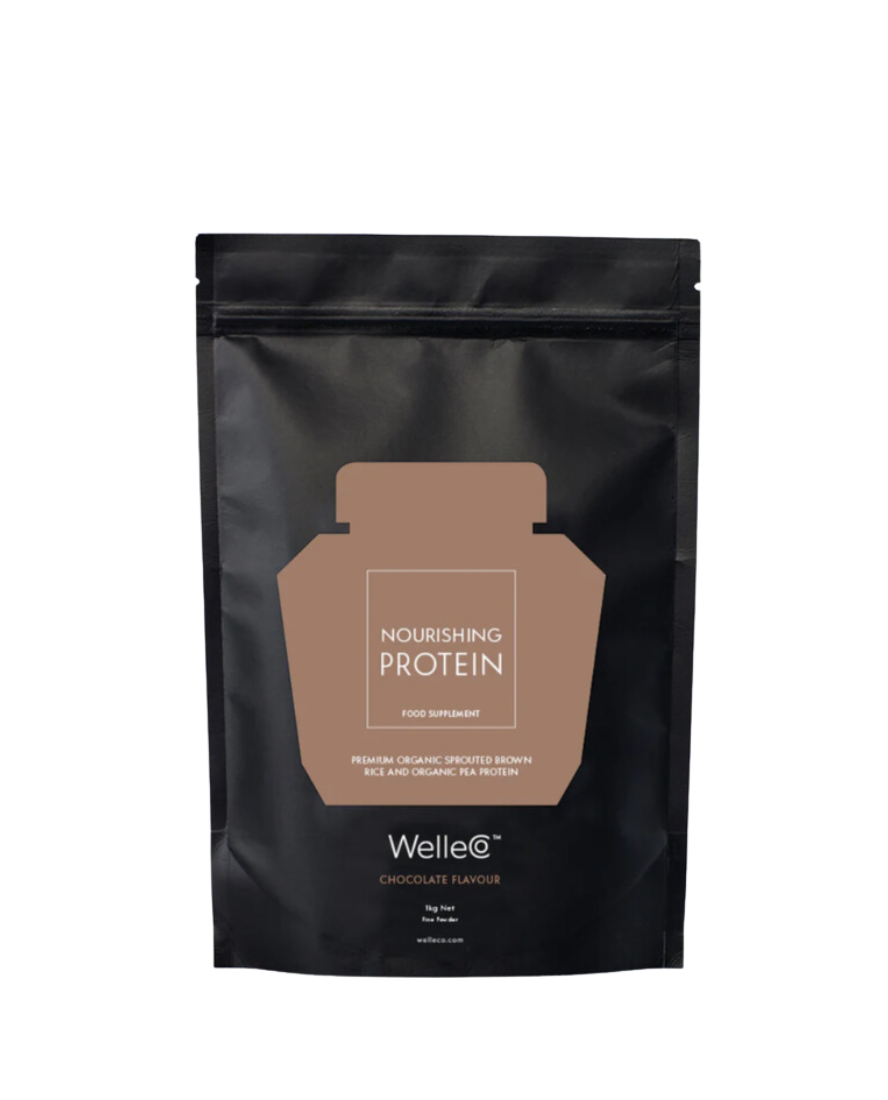When it comes to identifying trauma triggers, some are obviously easier to pinpoint than others, as mentioned above. For example, you may be able to say that if you speak to someone about your traumatic experience, you will likely be triggered. However, other trauma triggers might come up unexpectedly.
Whilst it’s impossible to shield yourself completely from trauma triggers, it’s useful to take time to make a list of trauma triggers you’re aware of, or that you think may exist, so that you can avoid them in the future.
So, go ahead and note down (on your phone, in your journal, or even just in your head), potential trauma triggers. Then, take a look at the list and see if any of these triggers occur regularly - if they do, you may want to make some changes to your lifestyle to reduce the likelihood of being triggered regularly.
Creating a list of your trauma triggers can be triggering in itself, so make sure you take great care of yourself during this exercise or do it alongside a mental health professional or trusted loved one if you feel like you would benefit from support.
Additionally, it’s important to be able to recognise when you have been triggered so that you can link the experience you have to the specific trigger and recognise it or avoid it completely in the future.


































